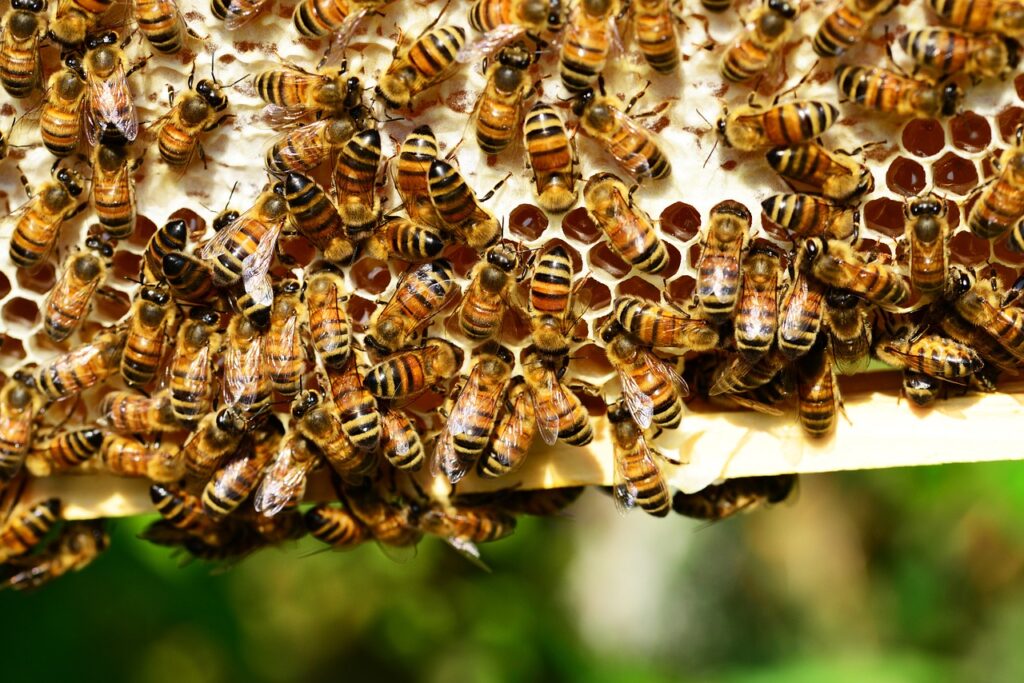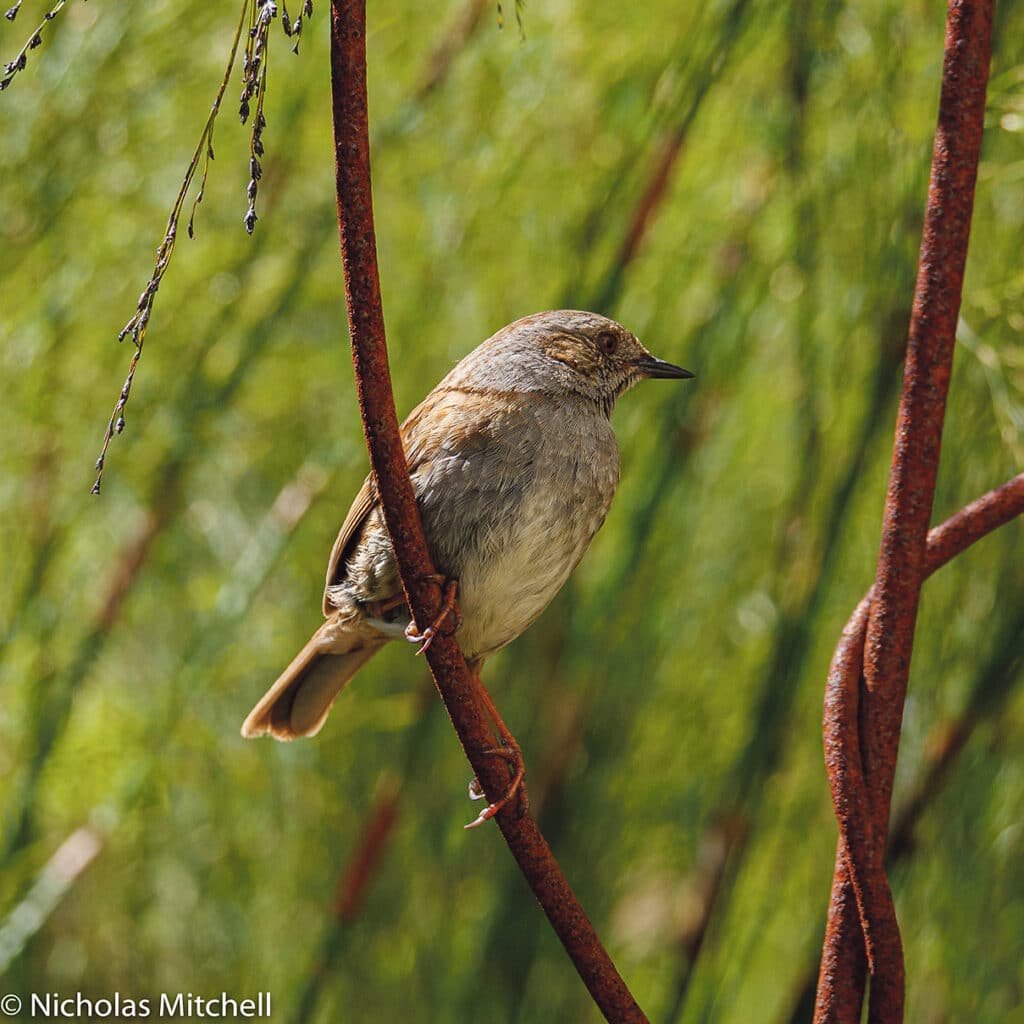
NASA’s global climate change website states, ‘While the effects of human activities on Earth’s climate to date are irreversible in the timescale of humans alive today, every little bit of avoided future temperature increase, results in less warming that would otherwise persist, essentially forever.’
NASA scientists report that it may not be too late to avoid or limit some of the worst effects of climate change and that responding to climate change requires a two-tier approach; reducing the flow of greenhouse gases into the atmosphere and learning to live with, and adapt to, the climate change that has already been set in motion.
Whilst many of us work away at both these tiers on a personal basis, also many of us feel limited in what we are capable of.
A growing group of individuals are moving to change that limitation. Comhshaol, the Climate Bar Association (climatebar.ie) is a specialist association of the Bar of Ireland, which aims to act at the forefront of environmental justice and law in Ireland and to become a thought leader of climate law expertise.
In a recent symposium run by this body, in a session identifying problems with the current system of environmental courts and tribunals in Ireland, one paper noted as an issue ‘A win-lose approach to decision-making versus a win-win, problem-solving approach that can promote long range sustainability’.
Indeed this is so! A tour around the ‘eco-activist’ websites and social media pages quickly reveals a strong ‘them and us’ approach manifesting both from those who advocate change and from those who disparagingly believe that ‘eco-warriors’ advocate for us all to go back to living like cave men, whilst simultaneously flying around the world to conferences or increasing dramatically the energy consumption of data centres by campaigning on social media platforms. Win-lose adversarial perspectives abound, whilst win-win is rare.
Tackling climate change and species loss is also essentially a them and us issue, with regard to our relationship to the world we live in. Those who are looking for solutions often, either openly or somewhere deep down, feel they are ‘trying to save the world’, almost as if we all are somehow separate from the world.
Certainly, modern human living, with cities, worldwide transport, data exchange and a fabricated economy that is not in any way modelled on nature, appears at least from a surface view, to be completely separate from the natural world.
How different is it really though?
If we watch wildlife programmes on television or on the internet, we find multiple instances of colonies working together, many of the individuals in that colony having specialised roles such as finding food and water, warding off attack, tending the nursery, building and repairing the habitat and so on. We humans are not so different. Underlying our modern human living we still have a need to specialise and to work together for survival and for procreation.
We have though, evolved in a way that has enabled development of intellect and thus have been able to study life itself and to ponder on esoteric questions, such as ‘Why are we here? What else is in the universe? How can I use tools and build machines to make my life easier? Where might the next threat come from?’
Given the ingenuity of mankind and the complexity of thought and of fear, along with the abundance of available information and misinformation, there is little wonder that a clear path to reducing greenhouse gases and the global leadership that will truly create the changes needed for that path have all yet to be actioned. Our human development has yet to reach a stage where en masse we are capable of accepting global strategy that will transcend personal concerns, wants and fears.
We watch and watch as world leaders attend Climate Change Conference after Climate Change Conference; reiterate the overwhelming evidence of life threatening climate change looming large, set a few, soon-to-be-forgotten targets and disperse to immediately forget the urgency in the more pressing discussions of trade agreements, inflation, housing, migrants and threats of destabilising invasions and wars or civil unrest.
In the meantime it is business as usual, as we continue to degrade the natural environment to the point where sustainability is no longer relevant. Now we need to actively regenerate the environment if we hope to survive.
Somehow, we need to find common ground. We, humans, have created a massive and extremely complex problem and we need to heal the rifts between us in order that we can work together.
Whilst we each work on specialist areas; political policy, legal solutions, city living, agriculture, regeneration, waste management, technical innovation, economics, health including mental health, educating ourselves…
…whatever it is we work on, whatever our specialist task and focus, as we work to heal our earth we simultaneously must work on our own healing.
We have separated ourselves from each other and from the earth and thus from the climate threat itself.
In this separation we have zero chance of finding solutions, rather we will continue to divide, removing ourselves from perceived threats or removing those perceived threats from ourselves; all the while creating greater and greater division and ignoring that we cannot, through division respond to the greatest threat of all; that of climate change.
We cannot afford ‘them and us’; not between doctrines, not between nations, not between disciplines nor specialities. Wherever possible we must strive to understand the other’s views and role and skills and we must work together for win-win solutions. This in itself is a massive task and requires that we first and foremost understand ‘our self’. To do this task requires courage from every one of us.
Our leaders are mostly elected on a narrow set of criteria. We vote for leaders based on our own personal history, or our investment interests; whether the candidate supports our current pet project and interests, whether they promise to raise or lower taxes, whether we met them once and they seemed like a good enough person. As well as this we now also need to ask; “And what will they actively do to enable the country and the world to mitigate against and adapt to climate change?” Will they, in amongst all the pressing needs of the day and the partisan pressure they find themselves subject to, be capable of holding their decisions in the framework of radical action needed to stem the rising temperatures; and still look for and work towards a win-win, problem-solving approach that can promote regeneration and long term sustainability.
Having elected our leaders, rather than hand over all responsibility, we must, each and every one of us then ask, “And what is my part?”



